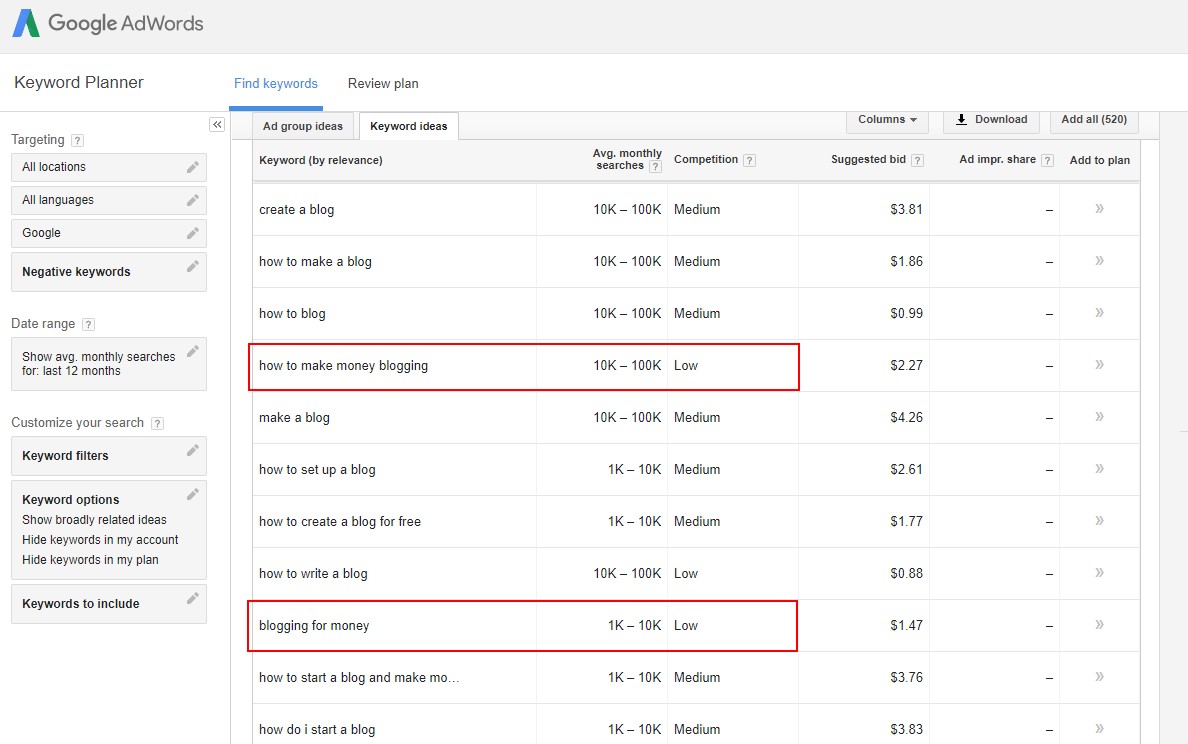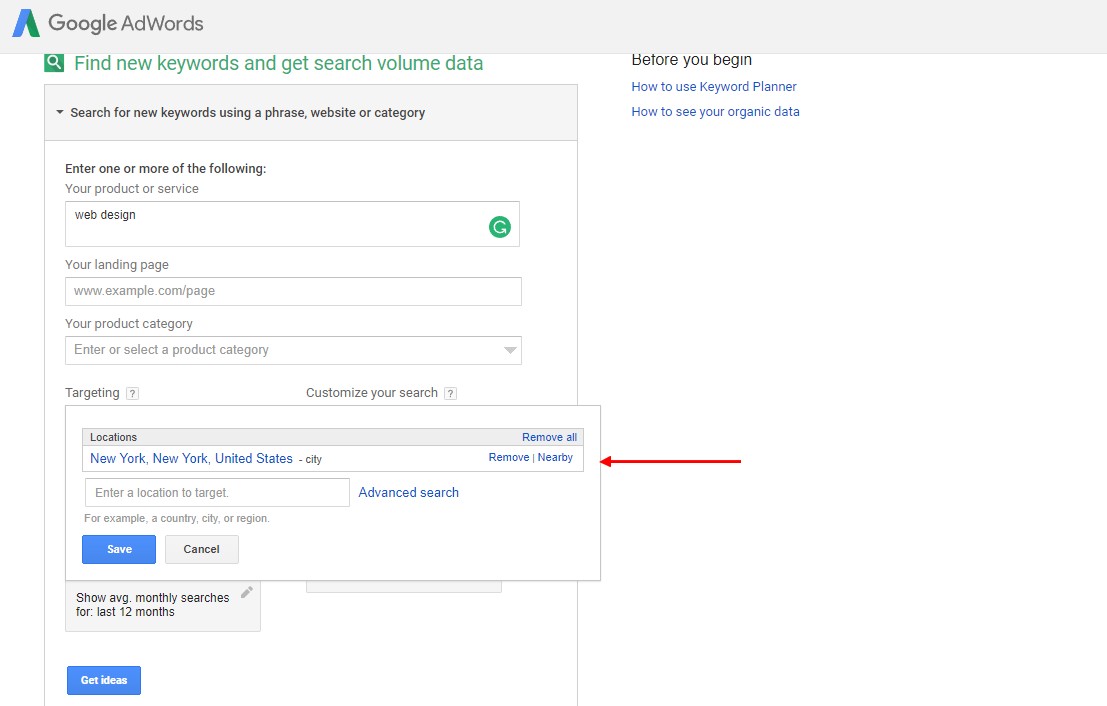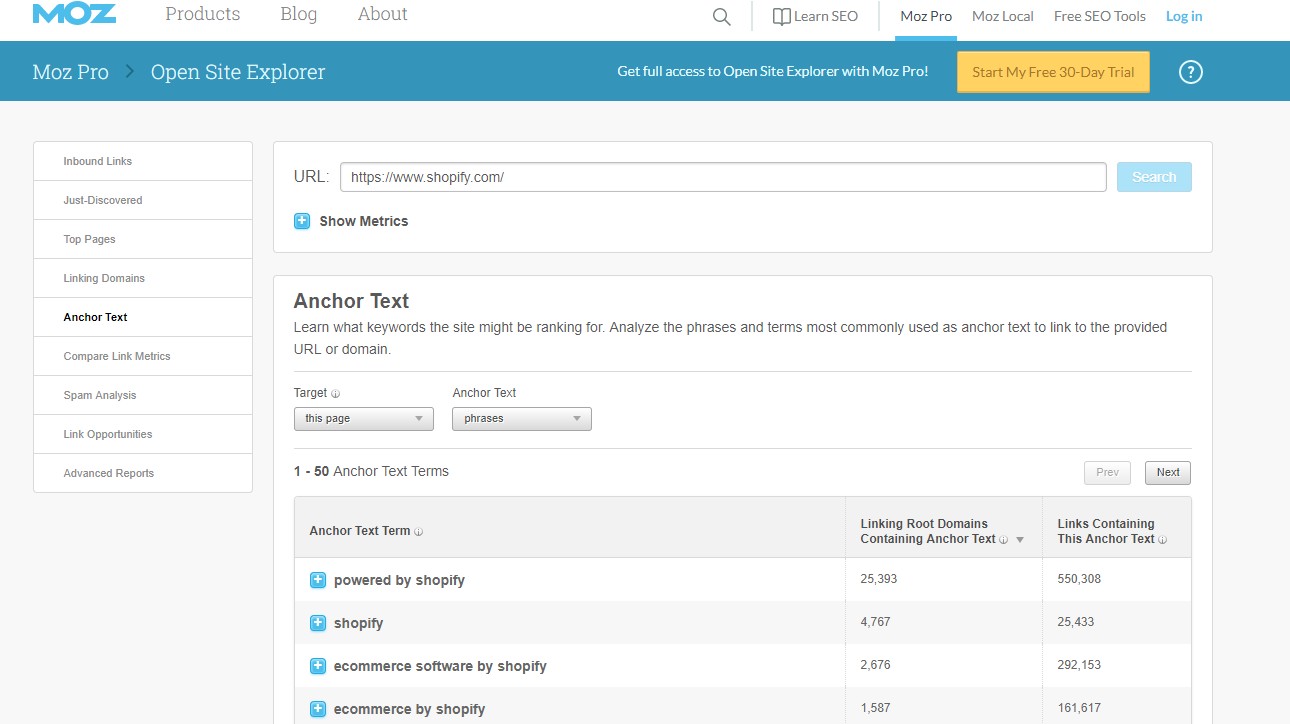Are you struggling to get better rankings on Google? Then you might be using outdated keyword research techniques.
Keyword research is the one ability that you must master in order to generate higher amounts of traffic for your blog and rank on top of Google search results.
Every marketer, whether you’re working for a business or an individual blogger, should know how to research the best keywords to drive the most traffic to each and every blog post you publish.
A staggering 75 percent of users never browse past the first page of Google search results. So, it’s important that you do organic keyword research to rank among the top 10 search results on Google for specific terms.
Follow these tips to upgrade your keyword research strategy and rank higher on Google.
1. Use Quora to find what users want
The keyword research process begins with your content strategy. Before searching for the keywords, you should figure out what type of topics people are searching for and what kind of questions they’re asking.
Quora is the best place to start that search. Go to Quora and browse the category related to your industry to figure out what kind of questions people are asking. And then you can create a keyword rich topic for your blog post.
For example, let’s imagine that you’re planning a blog post on blogging. You can explore the blogging topic on Quora to find a question with lots of views and replies. This means it’s usually a good topic to focus on.
You can use that same question to do a spin-off article with better content. Like “How Much Can You Earn From Blogging? 10 Real-Life Examples.” This title is perfect because people usually search for questions on Google. This blog post will answer that question with 10 examples.
It will grab the user’s attention instantly and also prove more valuable to Google as well.
2. Find long-tail keywords with low competition
People don’t search things with one or two words. According to an Ahrefs study, one-word keywords only account for about 2.8 percent of the searches in the United States.
When searching for something on Google, people usually use broad terms or questions, especially when searching with the help of virtual assistants like Siri or Google Now. Using long-tail keywords will increase your chances of ranking for keywords and getting organic traffic.
Using our previous example, let’s use Google Keyword Planner to find a good long-tail keyword with low competition to use in your blog post.
It looks like you can use keywords like “how to make money blogging” and “blogging for money” in your blog post to get Google’s attention.
3. Integrate local keywords
If your business targets a local audience, you should put more effort into optimizing your keywords for local search. Reports show that 78 percent of local searches lead to purchases offline.
You can use Google Keyword Planner to customize your keyword search to target local search terms that are more relevant to your local audience.
Then create content based on those keywords to boost your local search results ranking. Even if you’re an international business, you can still use this strategy to rank for keywords in specific countries. You’ll notice that it’s easier to rank higher for certain keywords in some countries than others.
4. Spy on your competitors
It’s tough to find the best keywords when your competitors always pop up for every search term on Google. They must be doing something right. So, why not steal some of their keywords?
Moz Open Site Explorer is a great tool you can use for that job. This tool lets you spy on your competitor website to find out what kind of keywords their website ranks best. Simply enter your competitor’s landing page URL and switch to the Anchor Text tab to find the keywords list. You’ll need a Moz account to access the full list. You can sign up for a 30-day trial if you want.
Once you have the keywords list from your competitors, you can figure out what type of content they’ve created based on the keywords and then you can create even better content and blog posts to get higher ranking on Google than your competition.
5. Perform SEO audits
SEO is evolving faster than ever. Google keeps rolling out new changes to its search algorithm and new businesses are continuously producing content that outranks your keywords. Which makes it difficult for small businesses to maintain their rank on Google for a long period of time.
This is why you should perform SEO audits and know how to research keywords for SEO to make sure your website maintains its position on Google. According to a survey by Search Engine Journal, 77 percent of SEO specialists believe that businesses should perform SEO audits at least once every six months. Although, only 56 percent of participants in the survey admitted that they never perform SEO audits for clients.
Make sure you rank for relevant keywords and don’t lose your position on Google to competitors by performing SEO audits and at least once every three to six months and updating your website content to stay on top of Google.
Summary
Google now uses incredibly advanced search algorithms to show relevant results for specific search terms. But, keyword optimization is the one strategy that that still manage to make an impact on improving website SEO.
Knowing how to find the keywords is only the first step of the research process, you also need to have the right tools in your toolbox to make sure you target the right keywords in your blog posts.
Keep in mind that simply optimizing your blog posts for keywords is not enough to get better ranking, you also need to develop high-quality relevant content provide solutions to what the users are searching. That’s the only way you can rank high and also maintain that position for a long time.






